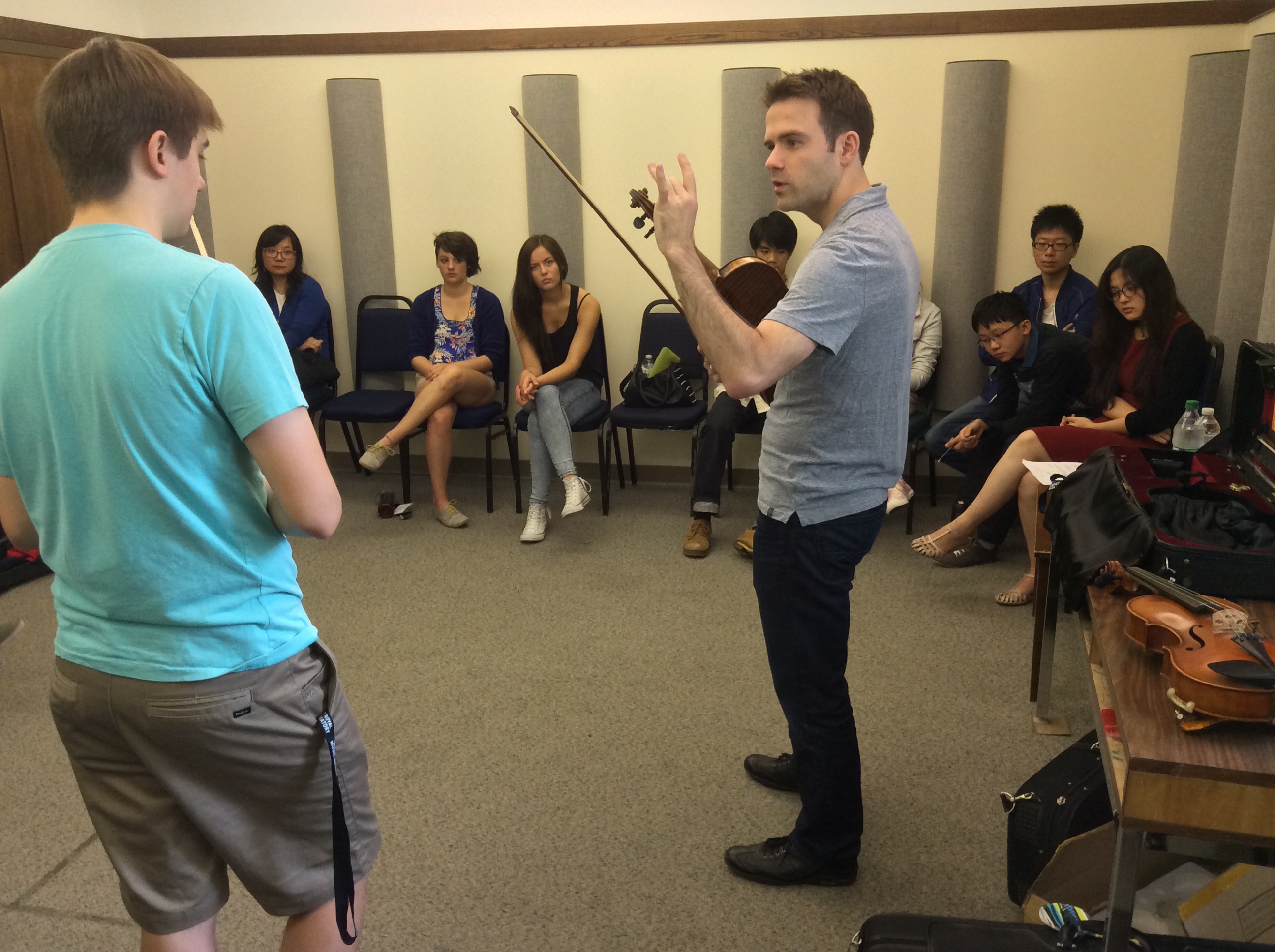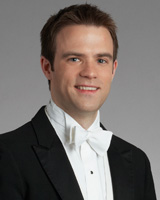A Conversation with Violist Eric Nowlin

It may be his first time teaching at Morningside Music Bridge, but prize-winning violist Eric Nowlin is no stranger to world travel for work.

The Julliard School graduate performs extensively with symphonies and in festivals throughout the United States and abroad. He’s currently associate principal violist with the Toronto Symphony, and a member of the New Orford String Quartet (which just performed at the Conservatory’s Wyatt Artist in Residence Concert Series last week!).
When we learned he currently teaches at the Young Artists’ Performance Academy at Toronto’s Royal Conservatory, as well as at the University of Toronto, we couldn’t wait to hear more about his thoughts on teaching.
Question: What is your mentoring philosophy?
Eric Nowlin: While it’s important to have them become technically proficient on the instrument, obviously they need to become a very good musician as an individual with their own ideas. And I think it’s critically important to teach people how to teach themselves, and then how to teach others.
Question: This is your first time teaching at Morningside Music Bridge. Why does this program matter for young musicians?
Eric Nowlin: I think this particular program is extremely important. Especially for kids outside of Canada to have very different teaching styles and very different ideas about music-making I think is really important. Because different countries have different influences and different styles of playing and philosophies of music, even. I find it really exciting, especially with the Chinese kids — because their culture is so different from even the Polish side — the interest they have in their eyes when they’re introduced to something that’s just radically different from what they’ve experienced back home. And for me to see how they’re trained and the way their teachers have been so fantastic with training them in a certain way and getting them proficient in certain aspects of playing and making music. I think the cross-pollination is the most important thing of this program that I don’t see in other ones.
